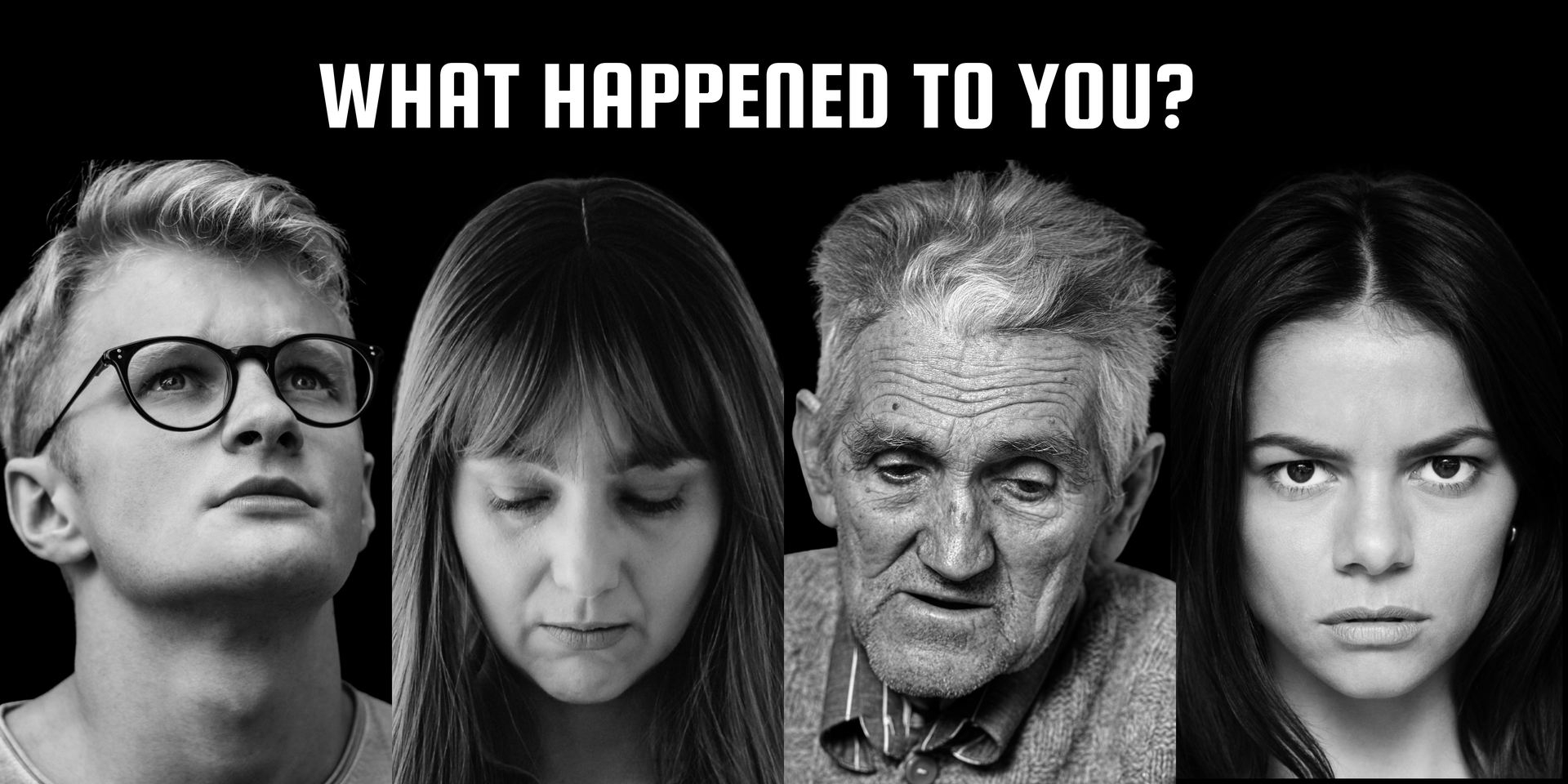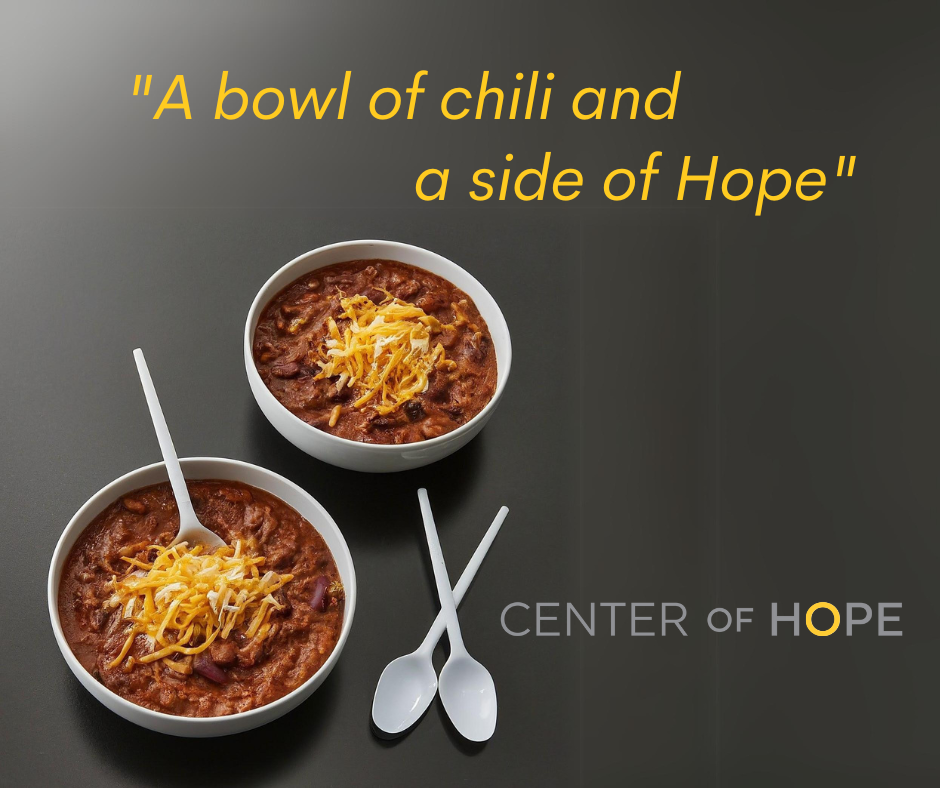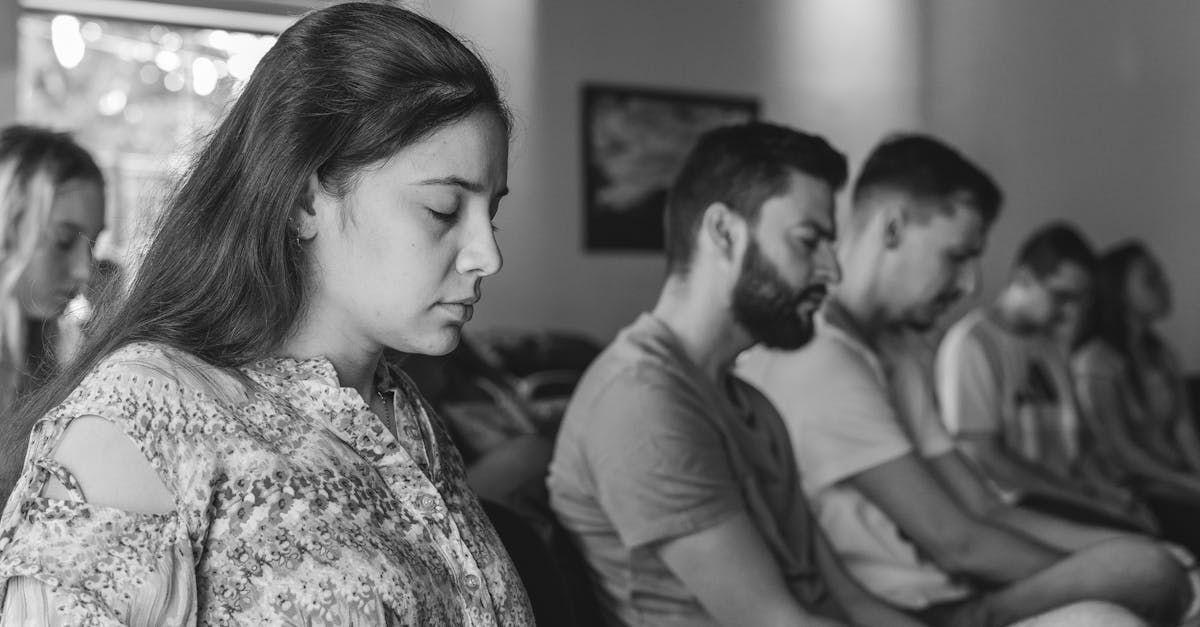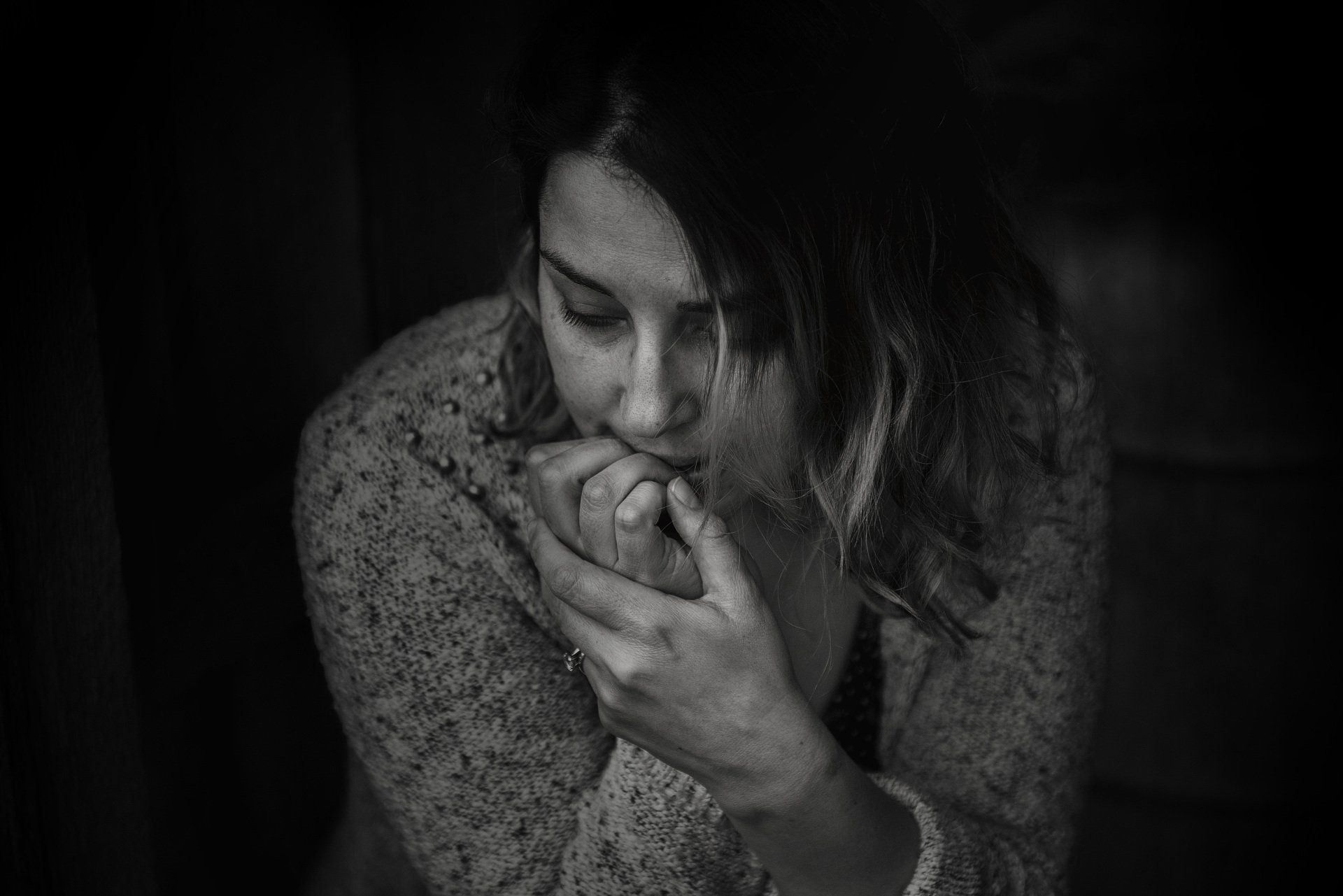Seeing Beneath the Surface
A Moment of Realization
You’re feeling unwell and have to go to the hospital. You end up getting poked repeatedly as blood is drawn for labs, and an IV is inserted. Your fear of needles, combined with feeling sick, heightens your discomfort. But a skilled professional turns the experience into something bearable. She is gentle and kind, making small talk that helps distract you from your fear, and you instantly feel calmer. Her next patient is a baby, the one after that an elderly person. For the rest of her 12-hour shift, she will treat each person with the same level of skill and compassion. And she’ll do it again the next day, and for the next twenty years.
She trained in the military, serving her country for nine years. Though she now wishes she had stayed long enough to retire, she left to focus on her family. Marriage, motherhood, and eventually single motherhood made her decision to leave the military a necessary one. She returned to her hometown of Flint, Michigan, where she had the support of her family. Yet, despite all her efforts, she faced hardships beyond her control. Alone once again, she raised her family. Two of her children went on to finish college and build lives of their own, while one fell into the devastating grip of drug addiction.
I met this woman about a year ago when her caseworker brought her to the Center of Hope for food. The caseworker was helping her secure permanent housing. She had been staying in a shelter before that. I’ve always tried to view people impartially, without judgment, and believed I was doing a good job of it—until yesterday.
I’ve known this woman for a few months, always greeting her with a smile and exchanging small talk, but I never truly took the time to get to know her. In my mind, she was a woman on the brink of homelessness, someone in need. But yesterday, something changed. I offered her a ride home and, during that short trip, I learned about her time in the military and her medical career. She was the one people called for the “difficult” cases, considered one of the best at what she did. She had served her country, built a successful career, and raised a family. Yet here she was—without a home, without a car, and relying on a food pantry to get by.
That car ride wasn’t long enough to understand all the events that led to her current situation, but it opened my eyes. After I dropped her off, I returned to the Center of Hope where volunteers were waiting to serve in the food pantry. I shared with them what had just happened, admitting how narrow-minded I had been. I had seen her through the lens of her current struggles, not the full life she had lived.
It reminded me of an important lesson: we can never truly know someone’s story just by looking at them. Everyone who walks through our doors has a life, full of triumphs and hardships that brought them to this moment. I had become so focused on serving the increasing number of people in need that I lost sight of the individuals behind the need.
Any one of us is just one tragedy away from seeing our lives change drastically. I’m grateful that I took the time to give someone a ride home. That simple act allowed me to see her in a new light, and it has renewed my commitment to never lose sight of the humanity behind every person we serve.
Hope Journal
















